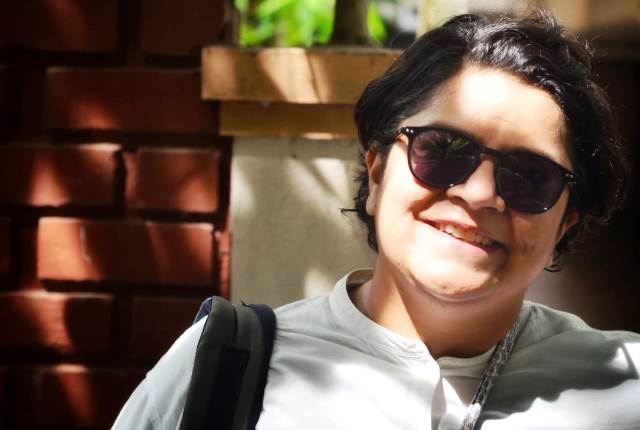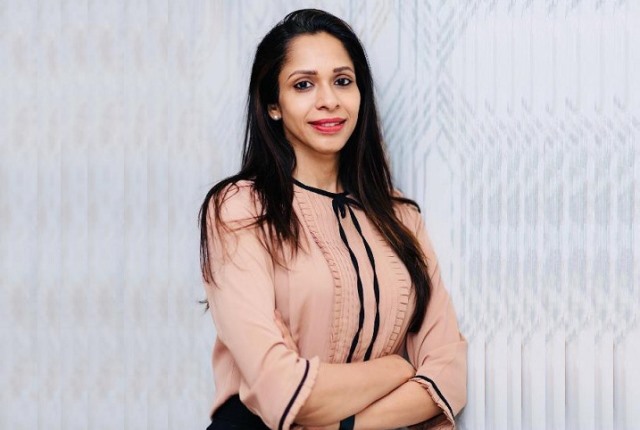Anubha Agarwal, a mental wellbeing advocate and researcher based in Bangalore, speaks about her experience as a non-Kannadiga living in Bengaluru
Well, like I said, Bangalore is a city I am passionate about. I’ll share a few points from my experience of living here for a couple of years now. I’ve been wanting to learn Kannada language personally as I feel it would allow me to express my thoughts and opinion easily and with more nuance. While many folks know some smattering of Hindi, and are quite good at understanding and speaking English there are some folks – for example my iron lady, the people from whom I purchase my fruits and vegetables – do not speak Hindi or English. But our interactions so far have never felt discriminatory or prejudiced.
There are a few auto drivers who don’t speak English or Hindi, or probably choose not to (just like the French and Spanish), do pose a bit of a challenge to deal with. So, it is very individual or situation based basically. I usually say ‘Kannada Goti illa‘ which means ‘I don’t know Kannada’ and the situation gets managed reasonably. Of course, I cannot listen to their stories because of the language barrier.
Recently, the Karnataka Government ran a campaign where all shop fronts needed to have 60% signage in Kannada, which led to this frenzy among shop owners to change their sign posts. Obviously the move had political reasons.
ALSO READ: ‘Language is a Medium to Assimilate, Not Alienate, People’
Yet, it did feel a bit extreme to me personally and made life a bit difficult for many people who have settled in Bengaluru from outside Karnataka. With only Kannada signage on these shops, how do you go to procure stuff when you can’t understand which shop to go to and for what? Nevertheless, we have to manage that.
I do feel limited in my lack of Kannada knowledge as it limits my interaction with locals who didn’t learn English in school and never had to learn Hindi. I plan to make amends on that front and have started learning Kannada slowly. But for me this urge to learn Kannada stems from experiencing Bangalore and the rest of Karnataka more deeply, and not so much from the point of view of discrimination or harassment.
However, I also wouldn’t want to find myself in a situation on the road where lack of Kannada knowledge at my end leads to an aggravated situation owing to understanding the barrier as I don’t work or commute on a daily basis for work. My experience is more with locals here.
In a country like India with its linguistic diversity, I think calling Hindi an official language is also problematic. So, the few North Indians who stay in Bangalore and use that argument to insist that Kannadigas should learn Hindi is equally problematic in my opinion. You see, language really isn’t the barrier. People’s mindsets and politics are.
For more details visit us: https://lokmarg.com/
As told to Deepa Gupta

